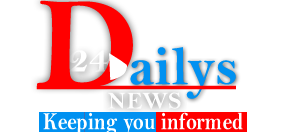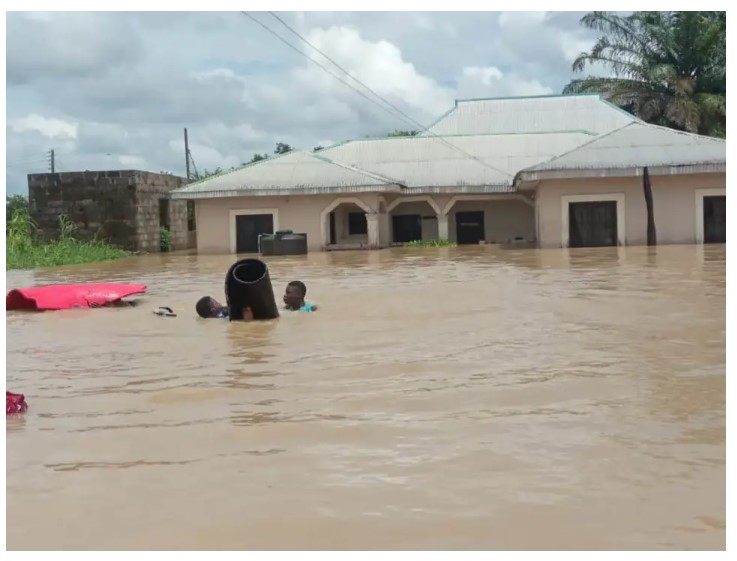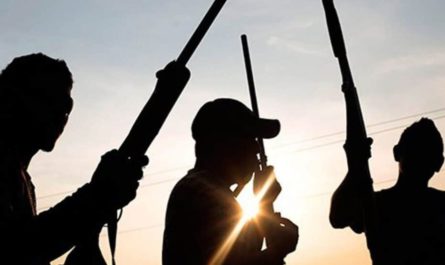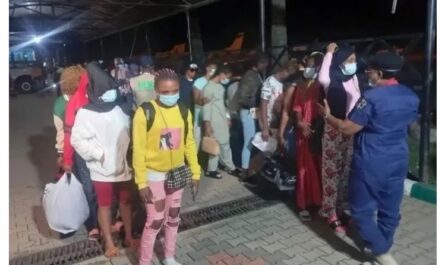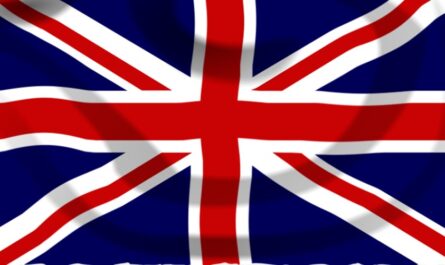The United Nations Children Education Find, UNICEF has warned that More than 2.5 million people in Nigeria are in need of humanitarian assistance 60 per cent of which are children who area at increased risk of waterborne diseases, drowning and malnutrition due to the most severe flooding in the past decade.
In a statement by UNICEF Communications Officer, Anike Alli-Hakeem, the floods, which have affected 34 out of the 36 states in the country, have displaced 1.3 million people.
According to the statement, Cases of diarrhoea and water-borne diseases, respiratory infection, and skin diseases have already been on the rise.
In the north-eastern states of Borno, Adamawa and Yobe alone, a total of 7,485 cases of cholera and 319 associated deaths were reported as of 12 October.
UNICEF Representative in Nigeria, Mr. Cristian Munduate, said “Children and adolescents in flood-affected areas are in an extremely vulnerable situation, and are particularly at risk of waterborne diseases and emotional and psychological distress.”
The statement further revealed that the floods are adding another layer of complexity to an already precarious humanitarian situation in the country which calls for Immediate priority needs for children including health, water, sanitation, and hygiene; as well as shelter and food.
It adds that funding and resources are required to respond to growing needs and to sustain ongoing humanitarian interventions, with a focus on the most vulnerable, including children with disabilities.
According to UNICEF’s Children’s Climate Risk Index (CCRI), Nigeria is considered at ‘extremely high risk’ of the impacts of climate change, ranking second out of 163 countries.
Children in ‘extremely high risk’ countries face a deadly combination of exposure to multiple climate and environmental shocks combined with high levels of underlying child vulnerability, due to inadequate essential services, such as water and sanitation, healthcare and education.
UNICEF has supported the government response in three affected States; Jigawa, Niger, and Kaduna, including through the provision of cash assistance, distribution of cholera kits, government-led mobile health teams, temporary learning centres and learning kits and cholera kits.
Source: radionigeria
